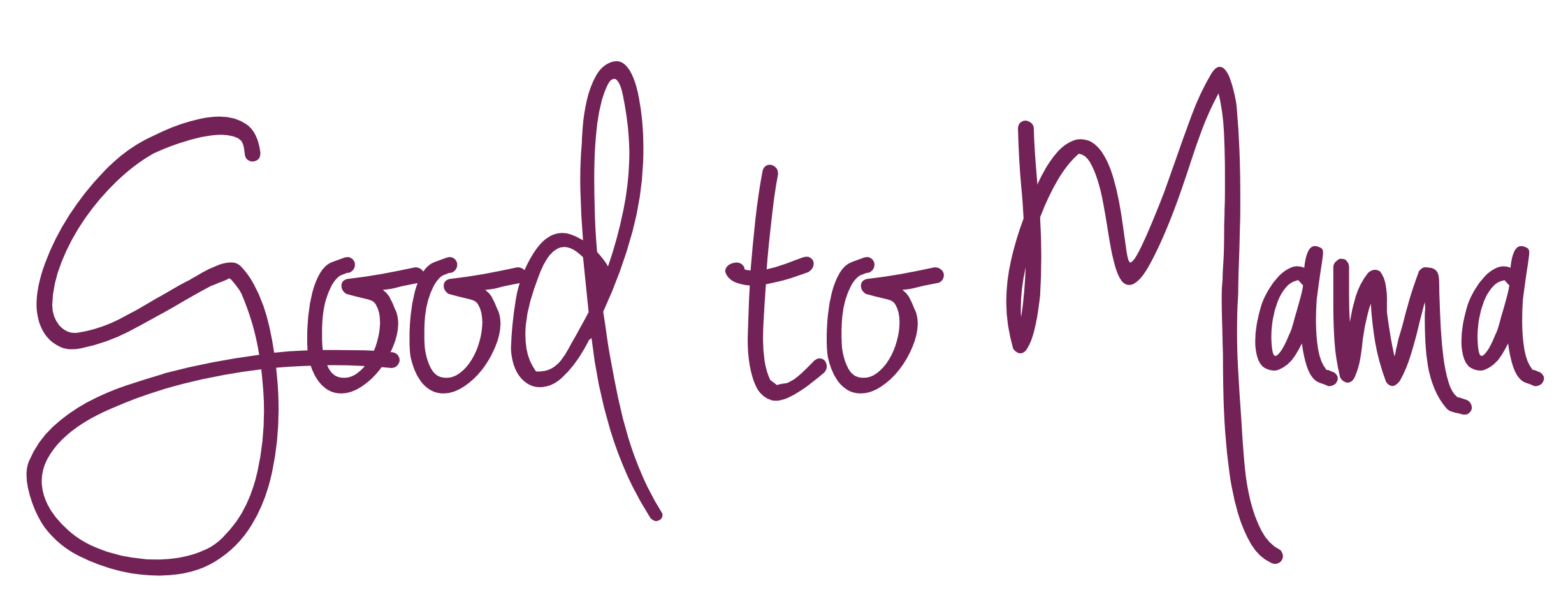Why this word should be removed from a mama's vocabulary
Ironically, it’s right there in the title.
You should do this. You should do that. You should, should, should!
Should is a way of passing judgement on others, based on our own experiences and beliefs. It’s also a way of passing judgement on ourselves! I should take the kids to the park this weekend. I should keep the house more organized. I shouldn’t (yep, even in the negative) have eaten those two pints of Ben and Jerry’s last night. It comes it all shapes and sizes, often from well-intentioned people who think they’re imparting wisdom and don’t realize the weight the word “should” carries for mamas. But to me, hearing the word “should” feels like this inexplicable burden, like somehow I’m messing it all up, or am not being the best mama/wife/friend/human I can be. And to be honest? That’s just not true! So?
I stopped saying “should” almost a year ago. It. Feels. Amazing. I’ve also asked my husband to try and stop using the word “should”, at least with me. (That’s been a little harder, but we’re making progress!). Now, does it mean I never ask what I can do differently, how I can improve, or what I can change? Absolutely not! Now I do it in a more positive, less guilt-laden way.
Things I say instead:
I could… Saying “could” doesn’t invite the same degree of guilt as saying “should”. It also opens up more questions, since there’s an implied choice. I could keep the house more organized, but I don’t have to. It’s my choice. Do I want to do that? Often times I’ll say yes to something I could do, because I feel like I’m the one choosing to do it. When it’s something I should do, I feel like someone else is telling me it’s important, which in turn makes me feel like I’m not making my own choices. Sometimes I’ll (yes, childishly) want to say no out of spite.
You know what might be awesome, if I… this completely flips whatever was going to be said. You know what might be awesome, if I kept the house more organized! What would that do for me? It helps me see the possibility in the choice, rather than feeling the weight of obligation.
Would I be happier if I… Instead of inviting choice or possibility, this helps me think about the core reason of why I would or wouldn’t want to do something. Would I be happier if I kept the house more organized? That’s a reason for me to do something, but it comes from a place of positive motivation rather than guilt.
Is saying should ever a good thing? I’m sure there are people out there who don’t feel the same kind of guilt and obligation from the word should, and for them, maybe it’s fine. And I’m sure there’s an argument to be made that there’s something to be learned from the word should. “I should have checked that I had gas before I left the house, because then I wouldn’t be stranded on the side of the road”. But do I really learn more from berating myself? I argue, no. Any one of my new word choices above would show me that yes, next time it would be a good idea to check the gas tank before leaving. I don’t think that lesson is any stronger, or more impactful, from the use of the word “should”.
Do strangers still tell me what I should do? Definitely. But now that I’m hyperaware of it, it doesn’t carry the same negativity as it has in the past. I can let the “should” roll past me, and replace it with something else that puts the choice to do whatever they think I need to do squarely under my control. And then, I can hear their advice without feeling like I’ve been doing something wrong.
So, should you remove the word should from your vocabulary? No!! But you know what might be awesome? If you did.
